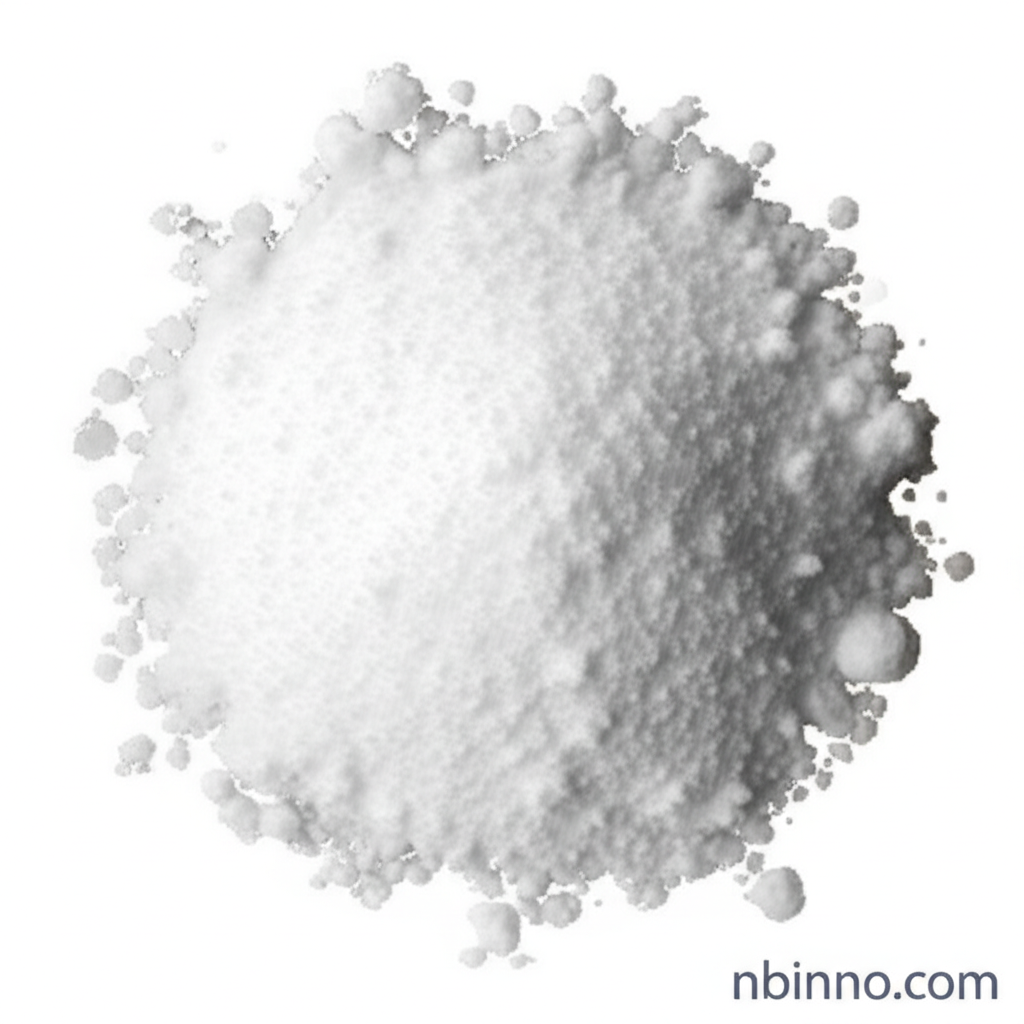PTH-Leucine: A Key Reagent in Amino Acid Sequence Analysis
Explore the critical role of PTH-Leucine in unlocking protein structures and driving biochemical research.
Get a Quote & SampleProduct Core Value

PTH-Leucine
PTH-Leucine serves as an indispensable tool in the field of protein chemistry, primarily utilized in the Edman degradation process for determining the amino acid sequence of peptides and proteins. Its reliable performance as a standard ensures accuracy in identifying individual amino acids after cleavage.
- PTH-Leucine is a crucial standard for amino acid sequence analysis, enabling researchers to accurately identify amino acid residues.
- Understanding the PTH-Leucine properties and applications is vital for effective use in proteomics and protein research.
- The compound with CAS 4399-40-0 is a derivative of the essential amino acid leucine, known for its role in protein synthesis.
- This chemical standard is a white crystalline powder, with high purity making it suitable for sensitive analytical procedures.
Key Advantages of Using PTH-Leucine
Precision in Sequencing
Leverage the high purity of PTH-Leucine to achieve precise and reliable results in your amino acid sequence analysis experiments.
Edman Degradation Efficacy
The specific chemical structure of Leucine derivative chemical analysis compounds like PTH-Leucine is optimized for the Edman degradation, ensuring efficient identification of N-terminal amino acids.
Research Reliability
Utilizing PTH-Leucine for research provides a benchmark for quality and consistency, supporting reproducible outcomes in proteomics and biochemical studies.
Key Applications
Protein Sequencing
The primary application of PTH-Leucine is in the Edman degradation process, a method used to determine the sequence of amino acids in a protein or peptide. This is critical for understanding protein function and structure, aiding in the study of amino acid sequence analysis.
Analytical Chemistry Standards
As a well-defined chemical compound, PTH-Leucine serves as an important standard in analytical chemistry, offering a reference point for method development and validation, particularly when dealing with complex biological samples.
Proteomics Research
In the field of proteomics, understanding protein sequences is fundamental. PTH-Leucine plays a supporting role by enabling accurate identification of protein components, contributing to advancements in proteomics and protein analysis tools.
Biochemistry Laboratory Use
Research laboratories commonly use PTH-Leucine for various biochemical assays and experiments requiring precise identification of amino acid derivatives, making it a staple among specialty chemicals for biochemistry.
